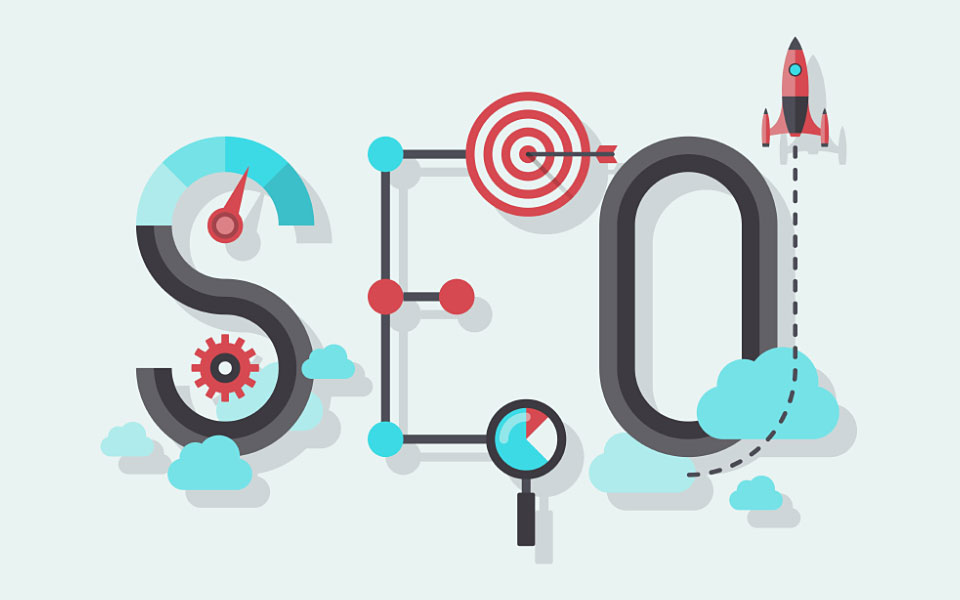Tested Tips To Increase Joomla Website Loading Speed
Have you ever found yourself in a situation where website slow speed forces you to close a page and move to another or you just return back to your search results to see if you can view another page due to long wait for a slow loading page to open. These scenarios actually lead to visitor losses and are common when a page is slow and are indeed a bad experience for visitors.
Also read
- Manage Website Sudden Disappearance from Google SERPs
- How to Fix Website Bounce Rate Problems
- An SEO Guide on the Top 3 Success Factors For Every Website
- Link Building Strategies That Boost Search Engine Ranking
- Recommended Caching Plugins for Your WordPress Website
Page loading speed is an important factor in deciding the success of an online business website. It does not only affects the website user experience but also Google search ranking. Our website gained 14 positions after page speed increased by 25percent. Its Moz Rank also increased by 7percent within the same period. What all these means is that page speed is a key factor in ranking and can be far more important than we have placed it. Page speed is not based on a user’s subjective experience and personal judgement, it can be tested and there are several metrics for doing that. You may want want to use one of them to test your website page speed here
Improving the speed of of your website is not something you get tired of. The faster the speed of your website, the better for your visitor experience. So, the big question is how improve the site loading speed?
In this article, we will be dealing with how to optimize a Joomla website with the aim of improving it’s speed. At the time of this publication, the latest Joomla version is the 3.7.5. It is not expected that there will be major changes in optimization procedure for the expected 4.x release. This article can also be useful for the optimization of every Content Management System (CMS) based website like WordPress, Drupal, Magento, OpenCart, SMF, and any other CMS.
Best and Tested Tips to Increase Joomla Website Loading Speed
Begin with an assessment of your website loading speed.At first, you should check your website load speed by using the following tools:
Keep records of the loading speed so you can also know which one loads faster? There are other testing tools out there. You can search for more available tools if you wish.
Remember, it is always recommended that you to make a backup of your website before changing any section in case of unexpected errors. Keeping a backup will save you from a lot of trouble should there be any unexpected error. Now, let’s return to the recommended tips to optimize and speed-up your Joomla website load time.
1. Use Extensions Cautiously
Use only necessary extensions. You do not need to run every extension simply because it is free, there has to the need for the extension. Some extensions slow down your website and so you have to be careful when using extensions. If you find one that slowdown your website, then you have to source for an alternative. Clear all unnecessary extensions which slow down your site speed by deactivating or uninstalling them. You will also have to manage all installed extensions effectively by updating regularly to make sure you are running their latest versions because the new versions have better improvement than the previous ones.
2. Take Advantage of Joomla Caching
Caching is one of the most effective ways of improving the speed of your Joomla website. By enabling the Cache system, the sever does not need to fetch all the information requested from its database (content, plugins, modules, template files…) every time one of your pages is loaded. You need not install anything to get started with caching. Joomla comes with caching extensions pre-installed. You will only need to enable caching in Global Configuration and in the plugin manager. That’s all. We recommend the use of the conservative caching system for all Joomla websites including those with heavy traffic. Remember the following
- Enable in Global Configuration and make sure to select the conservative caching option.
- Remember to enable caching in the plugin manager under extensions > plugins
3. Turn on Gzip Compression
It is a good practice to enable the Gzip compression feature. Gzip compression allows your pages (include css and html) to be compressed in a zip file. This package is sent to your computer and uncompressed by the browser (all browsers supported, except old IE versions). It may sounds really complicated but you need not worry about how it works. It will really make your website load much faster.
To enable Gzip compression from your Joomla website backend, go to System > Global Configuration > Server and set Gzip Compression to “Yes”.
4. Optimize the size of your images
Getting your web images lighter is really one great way to speed up your website load time. This tip is very simple and easy to carry out. When adding images to your web pages,you should take in mind:
Do not use large images. The bigger an image is, the more time it will take to load.
Optimize your photos. Use tools such as Photoshop or Fireworks to reduce images’ size without any significant effect on the quality.
Do no place too many images to a single page. Loading image is slower than loading text. So, be careful with having a lot of image on a single page. Tis has been known to affect news and photography websites.
5. Work with JavaScript and CSS
A website whose content is more of Javascript and CSS will load faster than those built with text and images. Some people will wonder how JavaScript and CSS affect the website load time. The answer is that they stop the page to load while they are executing. Most Joomla templates will have this feature by default allowing to compress your JavaScript and CSS files. It is recommended that you do the following:
Compress JS and CMS files.
Use one large CMS file and one large JS file (by merging multiple files into one)
Use *defer* or *async* attribute in the script.
As mentioned earlier, these settings will usually be found within the template area. You will login to your Joomla admin area and click on Extensions, then navigate to templates and then click on the Styles. You will then click on your default template to be able to access and adjust the template settings. In most modern Joomla templates, from this area, you can change the logo, favicon, adjust the JavaScript and CSS settings. Set Compress CSS to yes and set Compress Javascripts to yes.
6. Ensure That Your Templates are optimized
Fortunately, there are tons of Joomla templates that are well optimized and can help to speed-up load time effectively. Most of these are available on the Joomla template store while some can be sourced on the web. The golden advise is that you check the comments and reviews of other users before you decide to buy, use or not
7. Optimize Your Website For Mobile Devices
The use of mobile devices for surfing the web is growing and some statistics has put it higher than desktop users. Fortunately, Joomla 3x templates are mostly mobile friendly templates and you will require no extra work to enable your website for mobile devices. However, some modules are not mobile friendly and that could create a problem for mobile users particularly if the module displays very useful content.
8. Take Web Hosting Seriously
Your web host is important because if your web host is slow, there is practically nothing you will do to achieve a good speed. You need to check and be sure that your not running on a web host that overload servers. Your web host must have fast servers to be able to server content speedily to visitors.
A bad web host can may screw up all your efforts. Checking the reviews, forum before making the decision is a good idea. After you finish implementing all these tips, check your website speed again. You will be impressed by the change.
editor's pick
latest video
news via inbox
Nulla turp dis cursus. Integer liberos euismod pretium faucibua



